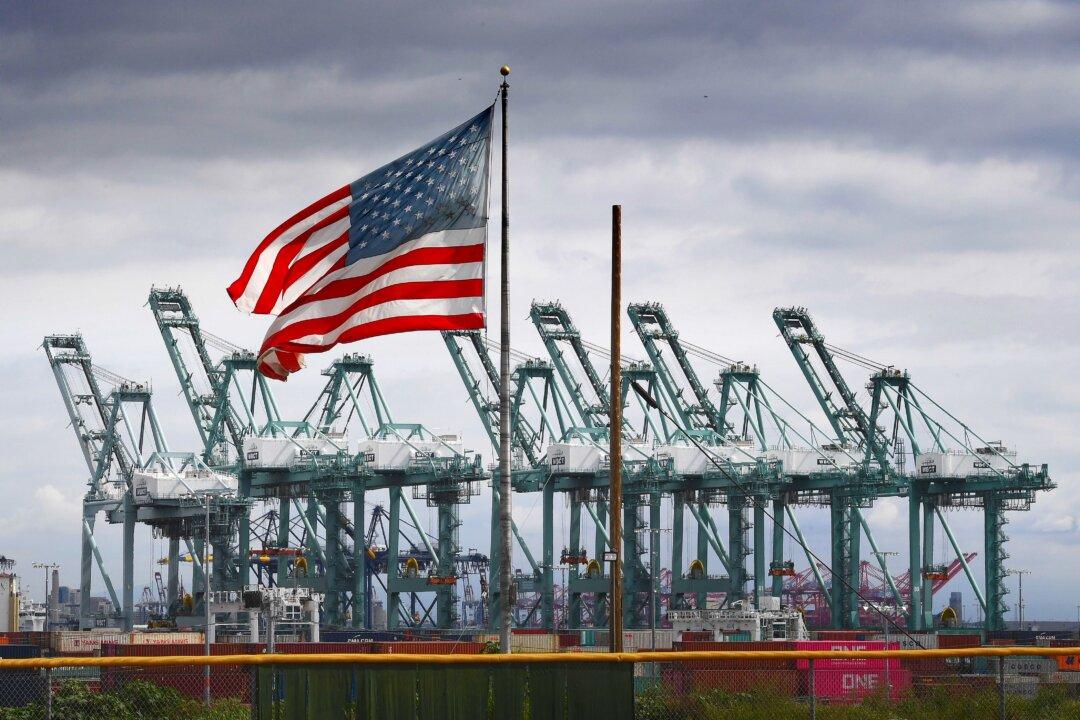Commentary
America’s shipping industry isn’t a whipping boy—it’s one of our strengths. Sadly, the Jones Act, which promotes U.S. shippers, is treated like it is. Irrational political voices have argued that repealing the law would do many things, but policymakers should be cautious about taking such a drastic step.
